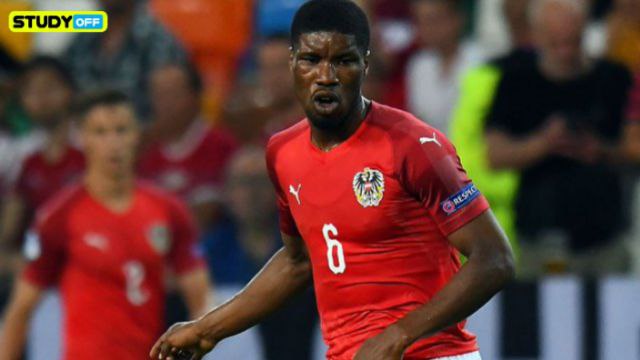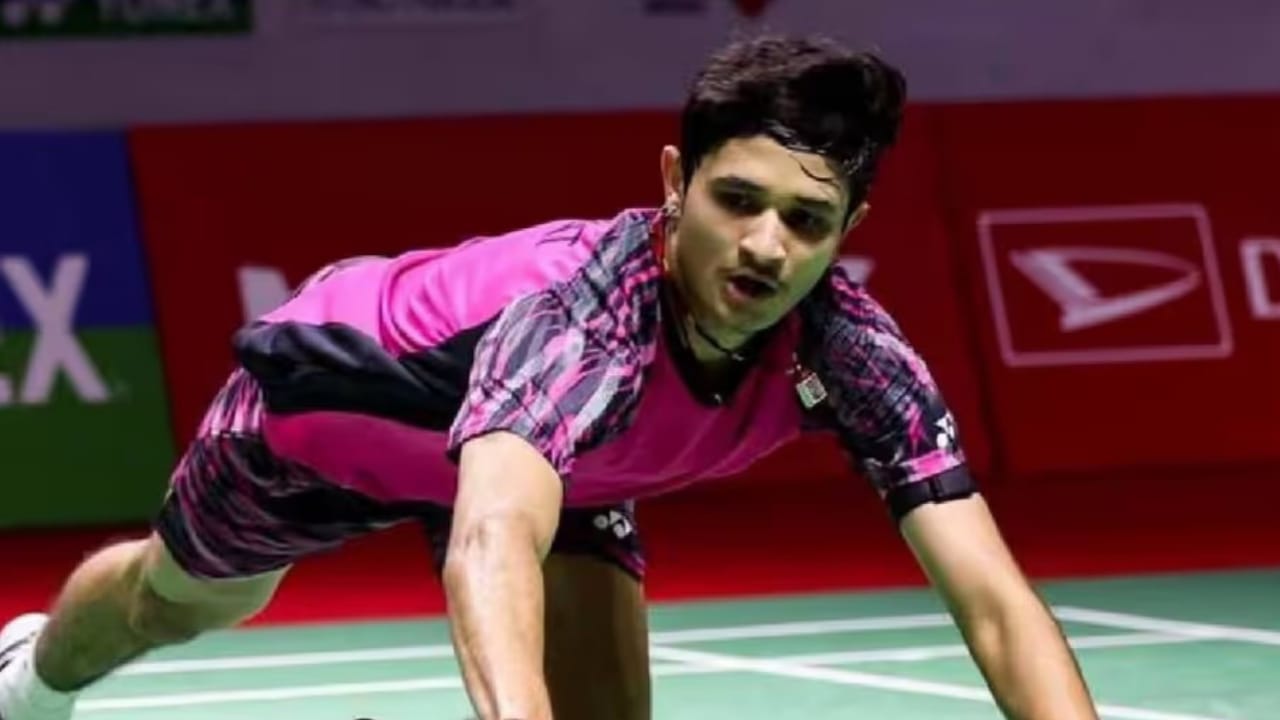Sports
argentina fc, aus vs, austria vs romania, denmark vs norway, euro, euro 2024, euro cup, euro cup 2024, friendlies, hungary vs israel, icc men's t20 world cup europe qualifier, international friendlies, israel vs austria, poland vs ukraine, portugal fc, portugal national football team, portugal vs austria, portugal vs croatia, sweden vs serbia, switzerland vs austria, Team Europe 2024
Soumen Samanta
0 Comments
Team Europe 2024 leads section 13: Austria
It seems difficult to control expectations following a successful qualifying campaign, but injury setbacks have made it easier.
This piece is a part of the Guardian’s Euro 2024 Experts’ Network, a collaboration involving leading media outlets from the 24 qualifying nations. Previews from two nations are posted on theguardian.com every day leading up to the tournament’s June 14 start date.
Contents
Potentials
It was all almost too wonderful to be true: Austria had qualified brilliantly, finishing second in their group behind Belgium and defeating Germany in a friendly match. Subsequently, they encountered more setbacks than a fighter in a heavyweight championship match: their captain, David Alaba, sustained a severe injury; Ralf Rangnick, the coach, was rumoured to be heading to Bayern Munich; and vital midfield player, Xaver Schlager, was declared ineligible for the competition.
What happens next? Rangnick is still dedicated to Austria, even though Alaba will undoubtedly miss out. The Real Madrid defender is named the tournament’s non-playing captain. Rangnick remarked, “I’ve talked a lot with David; he really wanted to be part of the team.” That might have been a wise decision, but in Austria, the excitement leading up to the tournament has subsided a little.
Despite the losses and a difficult draw, a successful run is still possible. A bit of uncertainty mixed with a decent spirit might propel this team forward. Rangnick has switched from his favoured 4-4-2 system to a 4-2-3-1 one with Austria. As before, his go-to techniques are furious running, quick transitions, and high pressing. Over time, he put his ideas into practice at Leipzig and Salzburg, where they eventually became known as the Red Bull concept.
Each player is subjected to exacting expectations; everyone is aware of their responsibilities, but the coach also wants the players to accept accountability. He has stated, “A good coach instills his vision of football into the minds and hearts of the players.”
This summer, how the club handles expectations will be crucial. A strong showing wouldn’t come as a surprise, but the big question is how far that performance will carry them.
The coach
Austria and Ralf Rangnick seem to be a match made in heaven. After succeeding Franco Foda in 2022, the 65-year-old left his mark on the squad and produced impressive outcomes that could no longer be attributed to chance. Although it is difficult for a German to be adored in Austria, Rangnick has won the nation over with the style of football they have long craved. Amidst circulating speculations that he was relocating to Bayern, he almost broke them all. When it was revealed he would stay, there was a great deal of relief. We value Rangnick’s ability to provide straightforward instructions and be a man of plain words as a coach. He talked on immigration, poverty, war, and the climate in an interview with Der Standard. He also offered insight into the political landscapes of Germany and Austria, saying, “I see the danger of right-wing extremists coming to power and promising simple solutions to complex problems.”
The symbol
Marcel Sabitzer has always been a self-reinventor. He came to Bayern Munich after making an impression at RB Leipzig, but he struggled to make a name for himself. His loan to Manchester United after that did not go well either. Some questioned whether the midfield player was losing ground. But he made a big step forward when he moved to Borussia Dortmund, where he had an incredible season and was crucial to the team’s Champions League final appearance. The 30-year-old is neither the loudest or the most media-worthy player off the pitch. However, he makes a difference on the pitch. Sabitzer will be asked to shoulder more responsibilities in Alaba’s absence.
November saw Austria defeat Germany 2-0 in a friendly match, with Marcel Sabitzer scoring the first goal. Picture courtesy of Leonhard Föger/Reuters
Something to observe
Patience is sometimes needed in football careers. After transferring to Leipzig last year, Nicolas Seiwald has not been able to get the playing time he had hoped for, therefore he has needed it a lot. Nonetheless, the defensive midfielder is a coach’s dream because he satisfies every need at the position. The 23-year-old rarely makes mistakes, plays quietly but well, and—unlike many players his age—he can control the tempo and rhythm of a game. Before long, he will also be the centre of attention.
The rebel
Marko Arnautovic has had the most influence on Austrian football during the last ten years, with the exception of Alaba. He is the player whose brilliance appears on the pitch before he does, someone who can do everything and needs to do little, and he is the one who bursts dreams before shattering them. He is also the one who has finally won his major championship in Serie A with Internazionale. The 35-year-old is a lot of things, but most importantly, he makes an impression on everyone. You either adore him or detest him. He is a wild card on the pitch, the embodiment of the unique and exceptional. Sometimes all it takes to further solidify his status is a single touch or interview.
The backbone
After suffering injuries that claimed the lives of midfielder Xaver Schlager, defender Alaba, and goalie Alexander Schlager, Austria may definitely claim that a significant portion of their spine has been severed. Patrick Pentz, though, will offer a strong base in goal. Although it is impossible to replace Alaba in defence, Stefan Posch—who this season assisted Bologna in qualifying for the Champions League—is anticipated to anchor the right side of the defence. He is a valuable defensive asset who can also make an offensive contribution. Bayern Munich’s Konrad Laimer is suddenly more important than ever in the midfield; his superior quality will be invaluable. Everything depends on Michael Gregoritsch up front. The striker is in charge of scoring goals and opening up space during the buildup; as a forward who feeds off confidence, Rangnick gives it to him.
fan of celebrities
Since Falco, Austria’s contributions to the world’s top lineup have been little, and although a yearly presence at the Kitzbühel ski races, Arnold Schwarzenegger is not particularly known for his affinity for football. It also seems that Christoph Waltz is up to something else than watching games. So, we need to delve a little further, perhaps completing an enlightenment quest in the process. The music track Live is Life by the Austrian band Opus serves as the background music for the widely shared video of Diego Maradona skillfully spinning a ball to warm up. The frontman of the group, Ewald Pfleger, enjoys going to the bar Grazer AK.
Gourmet pleasure
Alaba and the Champions League; Rangnick and the Austrian national team are two pairings that just fit. Moving on from sports to the canteen, there’s also this: meat and bread go together like clockwork in Austria. in every shape. We stack them, consume them side by side, and compress one inside the other. It might be as lowly as the highly esteemed Wurstsemmel in Austria. or a sausage in a hotdog or next to a piece of bread. Even though the options appear so straightforward, they are quite intricate. If you include football in the mix, you could almost describe it as a holy trinity.


Post Comment